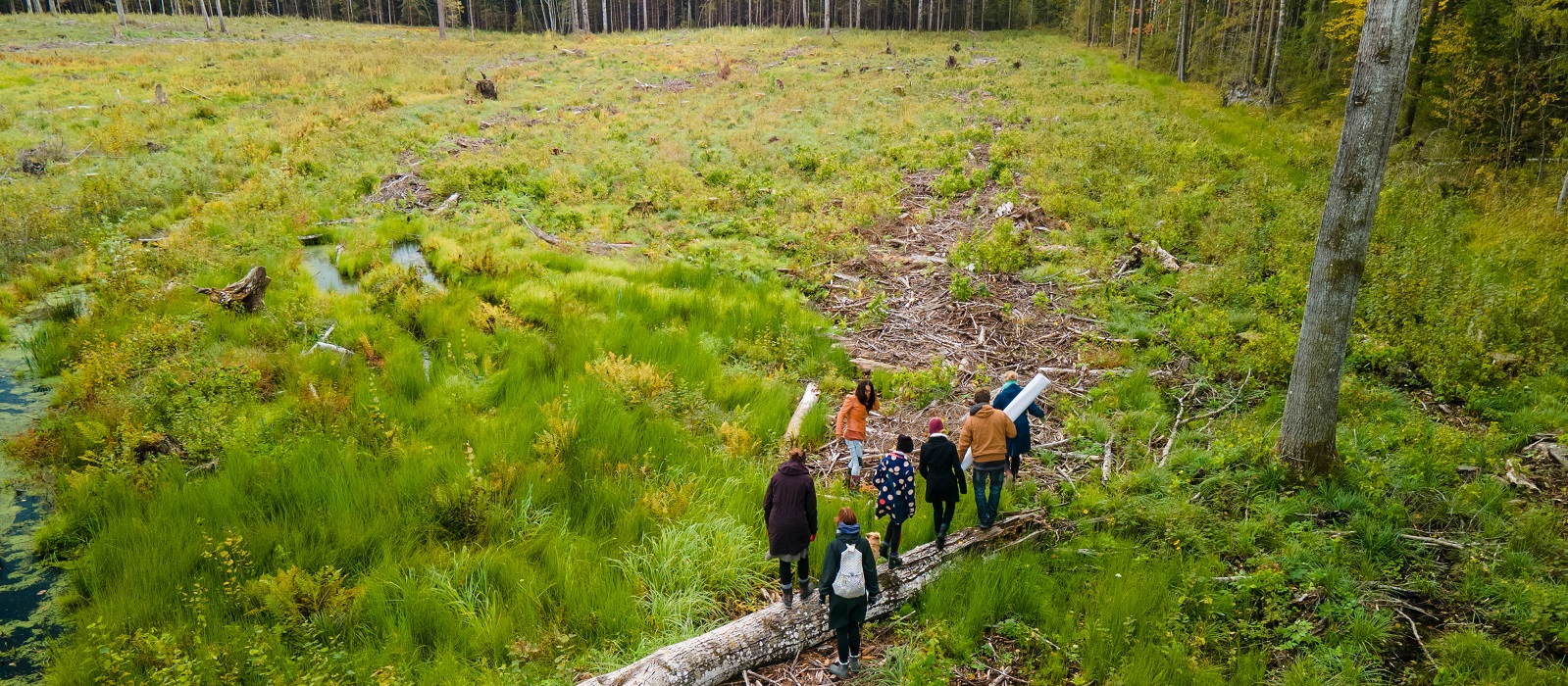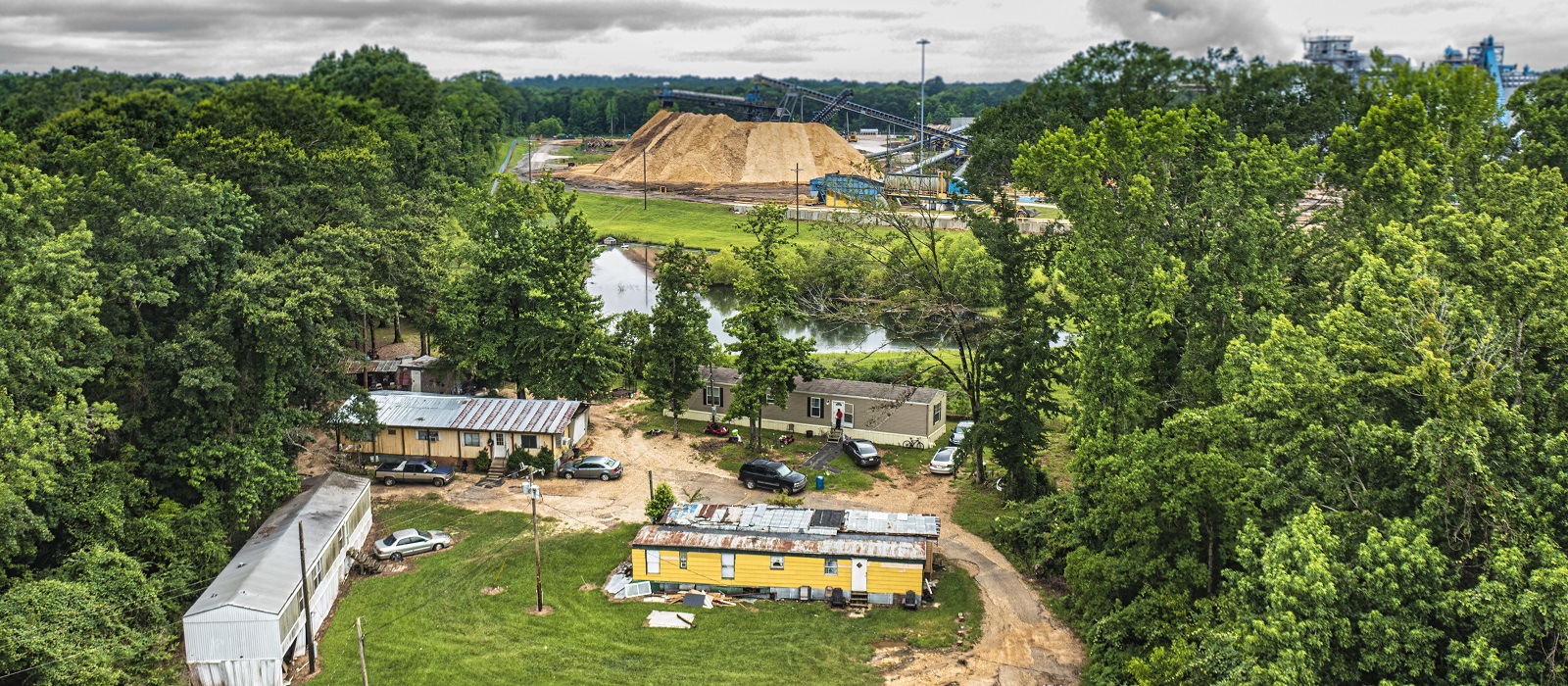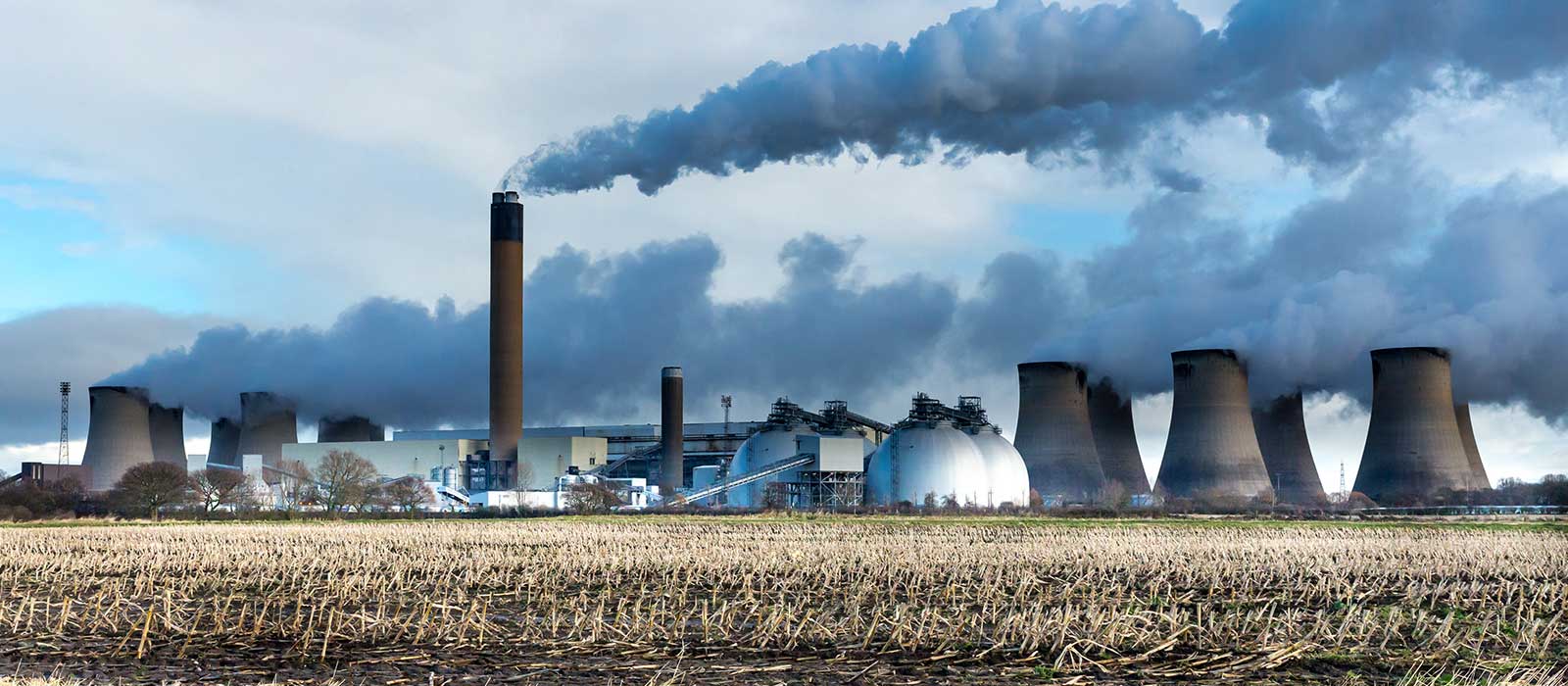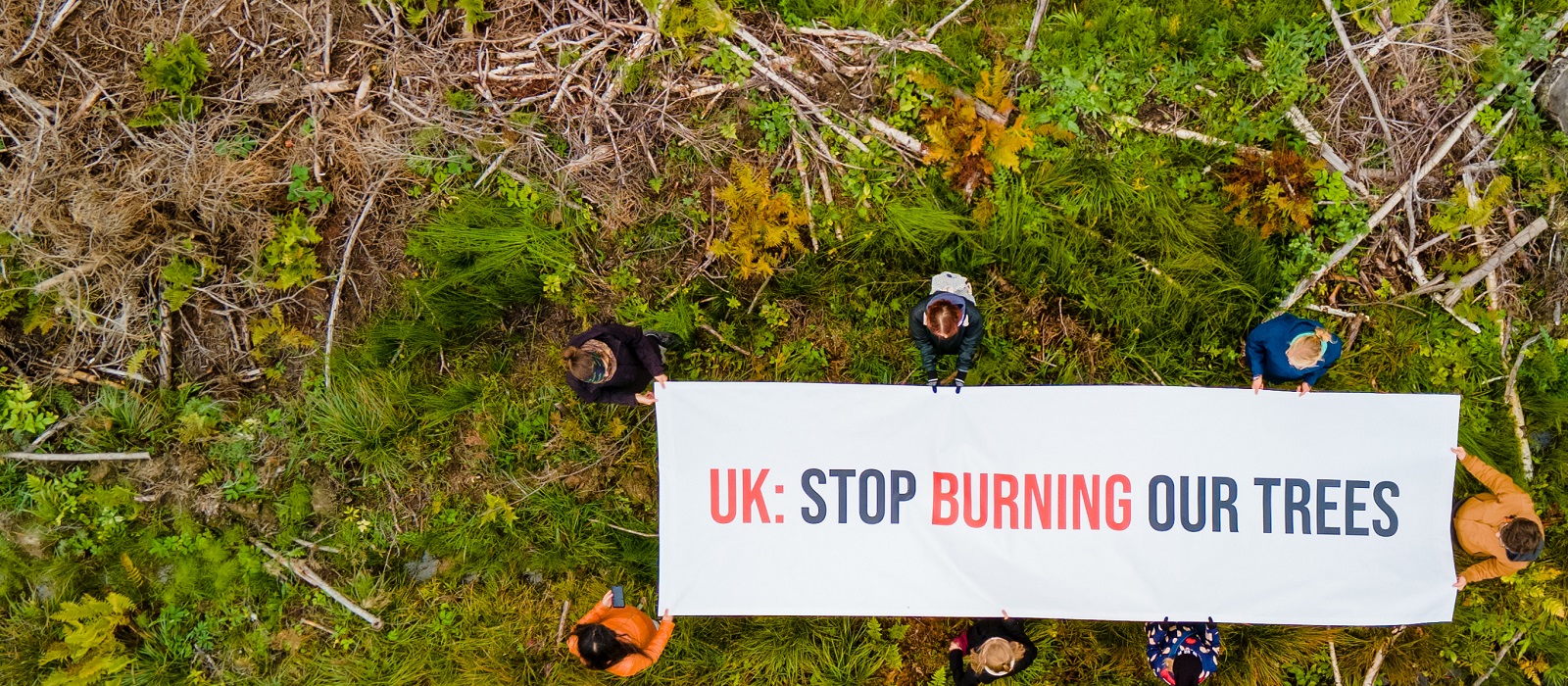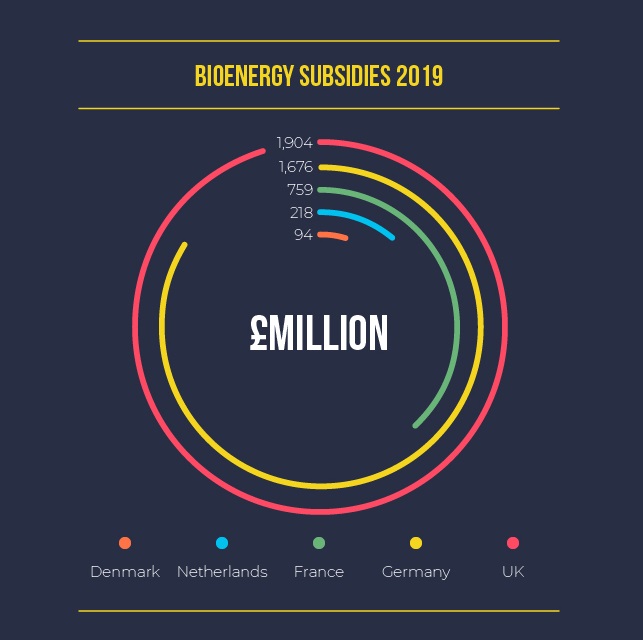The UK is now the top subsidiser of bioenergy in Europe. In 2019, the UK spent more than £1.9 billion on bioenergy subsidies, primarily to burn wood imported from overseas forests at Drax Power Station. One in every five pounds the UK spent on renewables subsidies in 2018 went to bioenergy, rather than to wind, solar and other true clean energy. On average, every man, woman and child in Britain paid £30 to support the UK bioenergy industry.
Biomass subsidies are paid out of a surcharge on household electricity bills, increasing overall electricity costs for British families. Climate think tank Ember estimated that subsidies to large biomass power plants specifically cost the UK energy billpayer more than £1 billion in 2020 — or almost £3 million a day. Until most subsidies end in 2027, Ember calculates that energy billpayers will spend £13 billion in direct support to large biomass power plants (including £10 billion at Drax alone). And in addition to the direct subsidy, biomass generators are receiving carbon tax breaks of £333 million a year.
Subsidies to biomass electricity are all the more shocking considering wind and solar power guarantees real emissions reductions and is readily available at a fraction of the cost. Studies have shown for years that biomass plants are both uneconomic compared to these true renewable alternatives and unnecessary for ensuring the reliability of the UK electricity supply.



